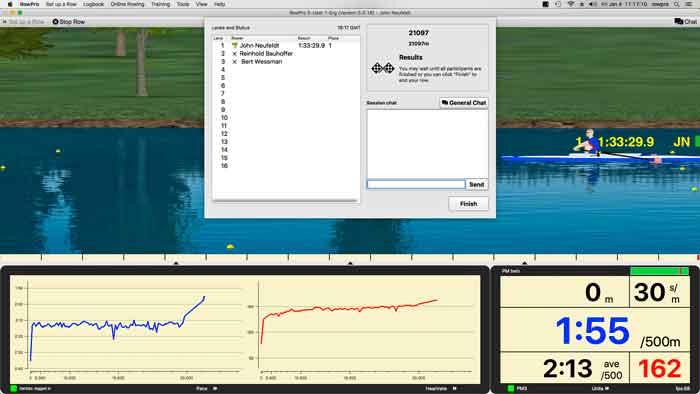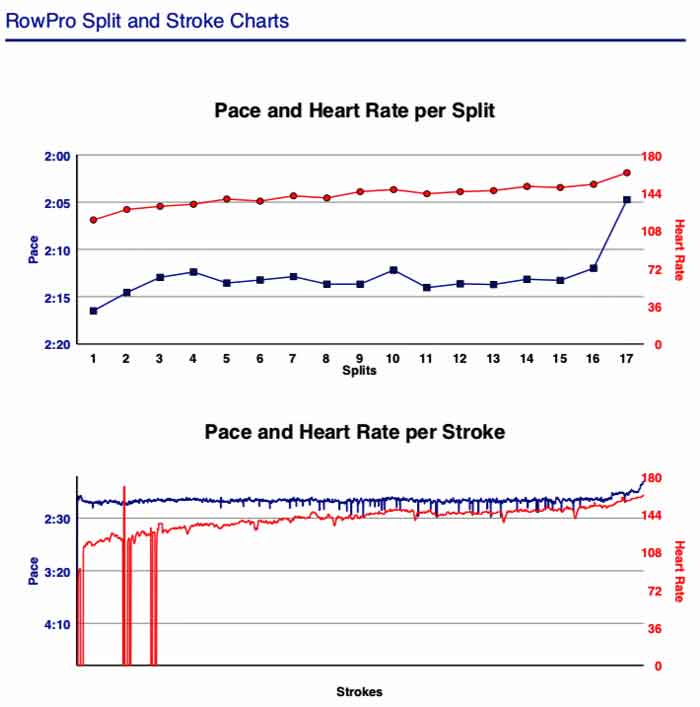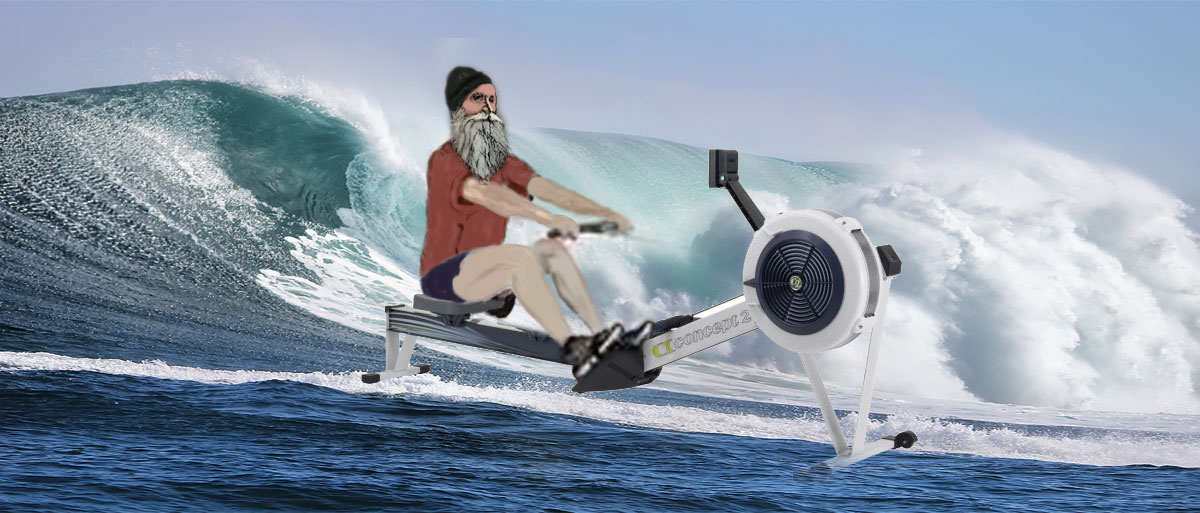
Today’s rowing was a half marathon done at RPE Level 5, followed by an RPE Level 1 ten-minute warm down.
My “traffic lights” for whether its okay to do anything more than very easy rowing are three. Two of those are numbers: The EliteHRV Morning Readiness reading/analysis of heart rate variability and the total time of actual sleep. If EliteHRV says its okay to train harder today, then as far as that criteria is concerned I can row as hard as I want, for as long a distance or time as is possible. But my occasional irregular heart rate is casting a shadow of doubt on the EliteHRV Morning Readiness reading because according to the analysis so far of one who has expertise in the analysis of data – the reading may be skewed to result in being inaccurate, by the way EliteHRV deals with “artifacts” which in my case would be paroxysmal Afib.
So now I’m leaning more to another couple of “traffic lights” as “GO,” “CAUTION” or “STOP” signals for long and/or hard rowing: The amount of sleep I got the night before and, perhaps even more importantly, how I feel after waking in the morning.
This morning, all three of my “traffic lights” were “GO”. (1) EliteHRV, which is the one in doubt, said it would be okay to train hard. (2) I logged plenty of sleep and, even more importantly, (3) I felt good and slightly in the happy zone of emotions this morning. 🙂


So today’s rowing was a half marathon scheduled online about 45 minutes in advance. At about 10 minutes before the appointed time, I checked in and was all alone. So I figured I would either row the HM solo online or cancel it and row it offline. While waiting for the scheduled time to arrive, I started typing text messages and sort of forgot about the online rowing session. When I next lifted my head to look at the computer monitor, there were two other guys who had joined and checked in and they were asking me if I was going to start the session or not because it was a few minutes past the starting time.
So I apologized for keeping them waiting and we started. One of them rowed for about 30 minutes and then disengaged from the online session. The other one rowed 10,000 meters in about 40 minutes and then he checked out also. So I rowed a bit more than the last half of the distance alone.
Today’s rowing was done first thing in the morning, before eating anything. I chose to do it that way, because from some of what I’ve read and heard in lectures on the topic of the body’s critically important mitochondria, there is some particularly important and even critical “repair and replacement” work that the mitochondria only does if a person has been fasting for at least 12 hours. Fasting at least 12 hours from evening meal to next day’s first meal seems, in my experience, to be very helpful for “repairing,” “resetting,” or some such thing with regard to my heart and its rhythm. That particular benefit of fasting is enhanced if a person is also active physically during the period of fasting.
By the time I started this morning’s rowing, I’d already been fasting almost 14 hours and by the time I finished rowing and ate something, more than 16 hours had passed. So – the heart’s mitochondria got the benefit of extra-special “attention and repair” during the last 4 of those 16 hours.




Happy rowing to you.
